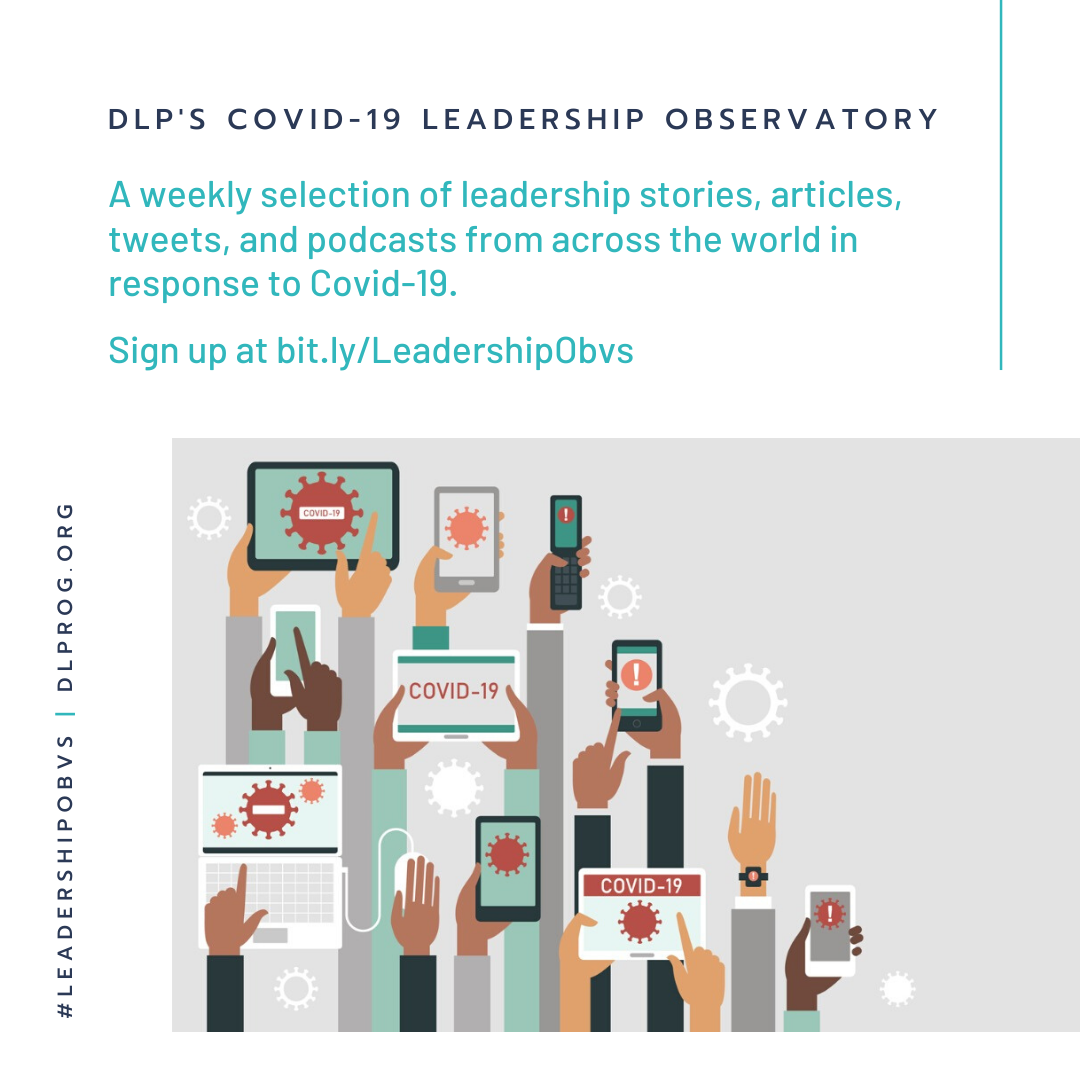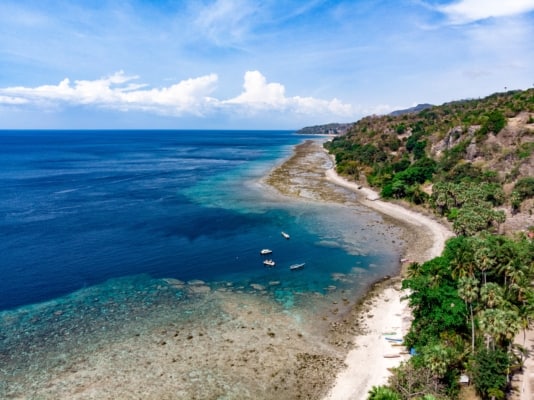DLP has been reflecting on what we – professionally, as a small research programme that occupies a niche in the international development ecosystem – can and should do in response to Covid-19. Our planned research projects, designed over the past year, aimed to carry out fieldwork across the Pacific and Asia through local and international research partnerships. But our research has been paused as we and our research partners reimagine how it might work; evolve, iterate and adapt. We are forced to pivot.
We are committed to building a practical and policy relevant evidence base, focused on developmental leadership. We will keep working on our understanding of developmental leadership as a local, strategic, political, and collective process.
But the COVID-19 pandemic offers an opportunity to look at our four research questions through the lens of this crisis:
- How is leadership understood in different contexts? What do people want from leaders across different settings? How do leaders actively cultivate perceptions of their legitimacy? How do leaders navigate between different cultural expectations?
- Where do leaders come from? How do future leaders accrue and make use of resources? What are the various pathways in and through leadership? How does the identity, personality styles and traits of leaders inform the choices they make?
- How do leaders collectively influence development? What is the role of identity and intersectionality in collective action? How do collectives build internal and external legitimacy? How does collective action happen in contexts where civic space is shrinking? How do collectives change norms and ideas?
- How can developmental leadership be supported? What mix of support enhances leaders’ resources to expand their choices? How have successful programs navigated and adapted to promote developmental leadership? How do programs help shape the enabling environment for developmental leadership? How are development agencies adapting their own leadership, policies and business practices to support developmental leadership?
And here’s what we are planning to do to try to learn more about these questions through the world’s response to COVID-19:
- Leadership stories. In moments like this – and indeed much of the time – practice runs ahead of research and evidence. We will look to amplify the voices of leaders, activists and coalitions. New, important spaces of leadership are opening up as the aid system transforms and the role of external actors is reconfigured. How are leaders and collectives adapting to the crisis? Where are the emerging futures in this ever-changing political environment? How are the relationships between states and societies being altered, and where will new institutions ‘stick’? What new forms of international cooperation and solidarity are emerging which facilitate the emergence of developmental leadership? We are especially interested in voices and spaces that are critical but often marginalised or hidden.
- Leadership Observatory. In a new weekly feature, we will be collecting and summarising the top five or so resources – papers, articles, videos, podcasts, interviews or Twitter threads – for anyone interested in understanding better the challenges of leadership at the development-humanitarian nexus and / or how to support the processes of leadership. Each Observatory will be a five-minute read, providing a one-stop-shop of curated wisdom, for even the busiest of us to keep abreast of the most important thinking from around the globe.
- Leadership evidence. Finally, while by definition, almost all of the evidence-base around leadership was developed before COVID-19, there are many lessons for leadership that are timeless, or lessons from other crisis situations comfortably translate to our current challenges. Previous epidemics and pandemics also provide insight about leadership, uncertainty and decision-making. Those who cannot remember the past are condemned to repeat it. We will be trawling the evidence-base from DLP and beyond to bring together the best evidence on how leadership can and does respond to crisis.
It has not been lost on us that we are well-placed to display leadership on leadership for development. But equally, we are all followers too, and effective leadership only happens together.
If you have a story about leadership and locally-led initiatives, or want to contribute to the conversation, please get in touch. We are particularly interested in giving a voice to people on the front line that might challenge assumptions and encourage a different way of thinking about those critical choices that are already shaping our post-COVID world.
Subscribe to the weekly #LeadershipObvs














